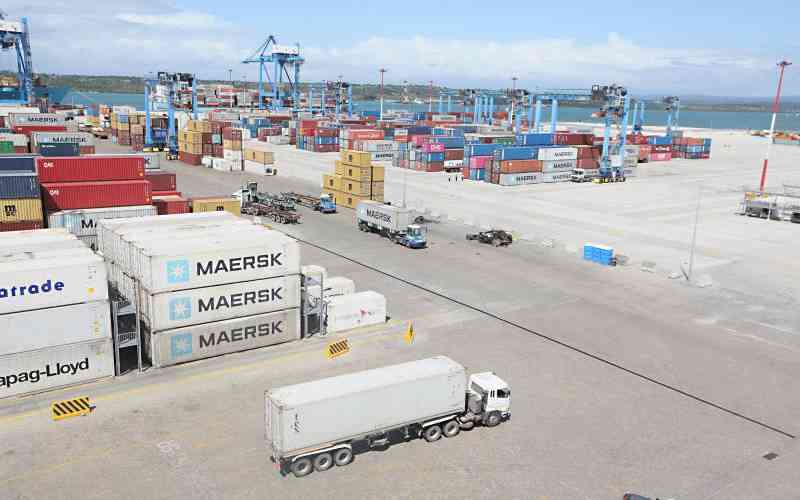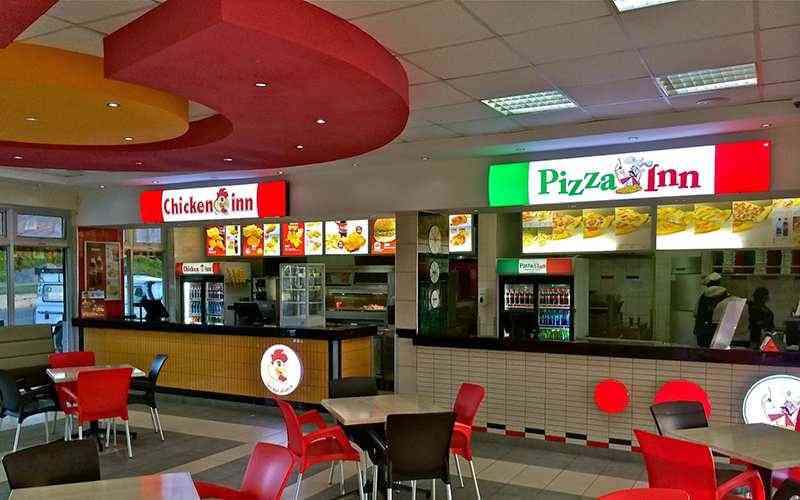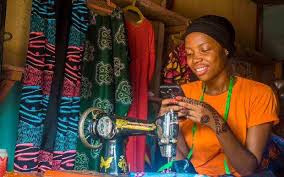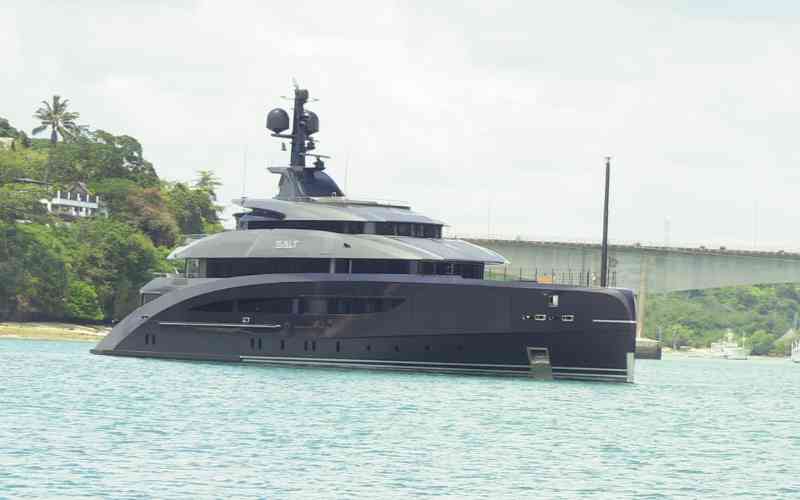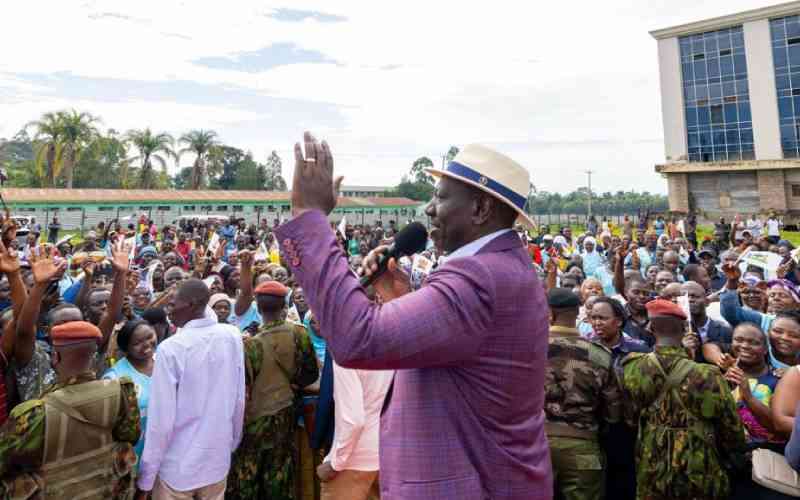
President William Ruto has defended his three-year record in office, maintaining that his administration has delivered on most of its promises despite mounting criticism over the
economy, protests, and alleged human rights abuses.
In an exclusive interview with Al Jazeera, Ruto said his government had made tremendous progress across key sectors, including the economy, education, and healthcare.
“Have I met those expectations? I can confidently tell you that on a scale of one to ten, I have done eight,” he said.
Ruto cited improved economic indicators, increased agricultural productivity, and expanded access to healthcare through the national insurance program.
He noted that Kenya now ranks as the sixth-largest economy in Africa, with maize production rising from 44 million to 70 million bags.
"We have improved services in hospitals. We are getting more medicine, more workers, and more equipment,” he added.
However, his self-appraisal comes amid growing public frustration.
Over the past three years, Kenya has witnessed waves of anti-government protests driven by the high cost of living, tax hikes, and corruption allegations.
Human rights groups have accused the government of using excessive force to quell demonstrations, reporting cases of abductions and extrajudicial killings.
On media freedom, Ruto dismissed claims of censorship during the protests, insisting that Kenya remains a beacon of free expression.
“Media is independent in Kenya. They write all manner of stuff… they are also free to lie,” he said.
Acknowledging concerns over police brutality and enforced disappearances, Ruto said his administration has taken action against rogue officers.
“We have a police force of 110,000. You will not miss the elements who are rogue. As and when we identify them, we deal with them,” he stated, citing ongoing prosecutions related
to deaths in police custody.
Stay informed. Subscribe to our newsletter
The president also defended Kenya’s foreign policy, rejecting allegations that Nairobi is involved in the Sudan conflict or supplying arms to rebel groups.
“That is absolutely false. Kenya is a democratic country where people come to meet freely. We do not ban people from coming to Nairobi,” he said.
On the deployment of Kenyan police officers to Haiti, Ruto admitted the mission had faced logistical and financial challenges.
“We did not get the kind of support that we thought we would get,” he said, calling for stronger international cooperation to sustain peacekeeping efforts.
Ruto concluded by asserting that Kenya’s democracy remains strong despite dissenting voices.
“Democracy in Kenya is not about the president; it’s about the people. The DNA of Kenyans is democratic, and no one can stop Kenya from being a democratic country,” he said.

